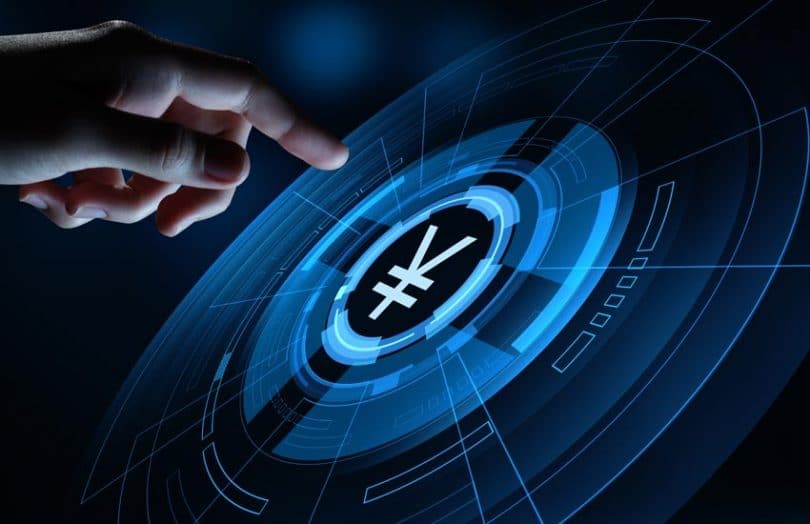- The Italian data protection authority threatens TikTok with a ban if the platform doesn’t add age verification checks.
- TikTok has been warned again for GDPR violations, but the platform failed to address the issue effectively.
- Kids are doing dangerous things fueled by mindless trends, so they need parents attending them when online.
A 10-year-old girl from Palermo, Sicily, has died due to asphyxiation caused by the so-called “blackout challenge” that has kids trying to briefly suffocate themselves while recording it with the phone to post the video on TikTok. This self-harm practice that finds fertile ground in the minds of youngsters who can see “fun” in everything is actively promoted on TikTok, so the Italian authorities thought it would be a good idea to do something about it.
So, what they did was to ask TikTok to terminate the accounts of underage users immediately. Because TikTok doesn’t have a way to verify the declared date of birth for registrants, they were given until Friday to create such a system or receive a ban that will remain in place until February 15, 2021. On that date, the country’s data protection authority (“Garante Per La Protezione Dei Dati Personali”) will reassess the platform and what age-verification mechanisms have been introduced by then. Afterward, a new decision will be announced.
“Garante” had warned TikTok on December 22, 2020, when it found that children below the age of 13 can easily circumvent the minimum age requirements during the registration stage by simply entering a false date of birth. This violates the GDPR (General Data Protection Regulation), so a formal procedure against the social media platform was opened. TikTok had 30 days to respond to that, and the developments with the “blackout challenge” have only accumulated more trouble.
In the meantime, the “blackout challenge” hashtag has been banned, and TikTok’s moderators strive to remove all relevant mentions and have also placed warnings that even posting this phrase alone constitutes a violation of its guidelines.
If you have young children, be sure to monitor their online activities, know exactly what they’re doing on the net, set up a parent-control suite, and keep the children’s computer in a common area of the house to be able to monitor them at all times. At such tender ages, safety is far more important than privacy, and children should only be allowed to do particular things on the web.
- CryptoQuant Analyst: Bitcoin Nowhere Near Its Peak – Buckle Up, Hodlers! - December 21, 2024
- Chainalysis: $2.2 Billion Lost to Crypto Hacks in 2024 - December 21, 2024
- Bank of Japan leaves interest rate unchanged: Impact on the macroeconomy and the crypto market - December 20, 2024



















![Top 10 Cryptocurrency Platforms for Grid Trading in [current_date format=Y] 21 Top 10 Cryptocurrency Platforms for Grid Trading](https://cryptheory.org/wp-content/uploads/2024/12/grid-trading-120x86.jpg)




